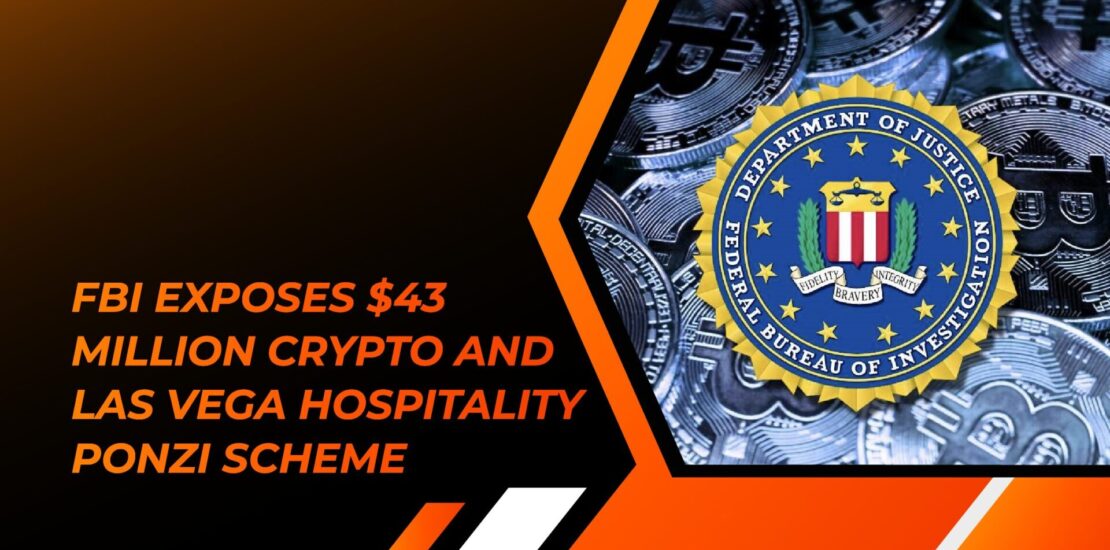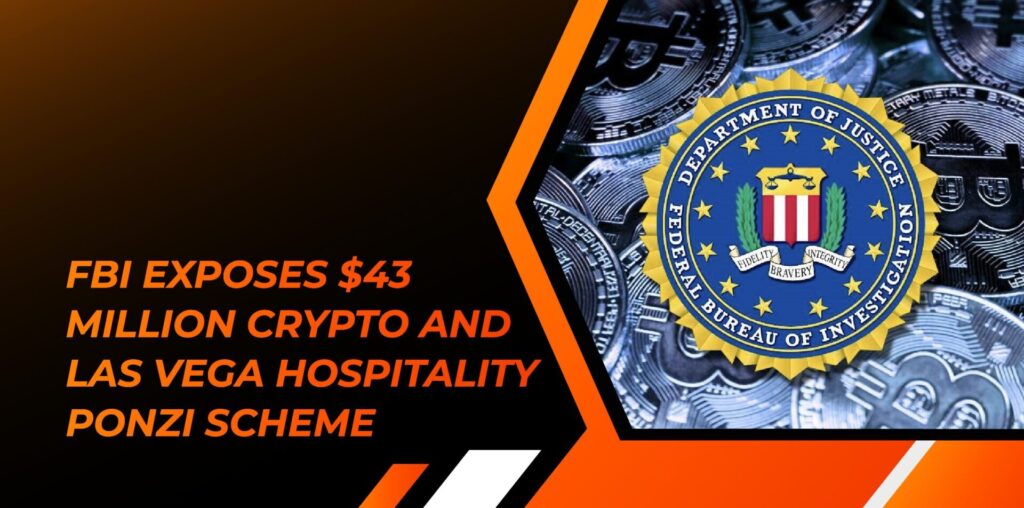- May 2, 2024
- Posted by: [email protected]
- Category:


Following the FBI’s arrest of Idin Dalpour, the consequences of his complex Ponzi scheme have reverberated throughout the cryptocurrency and hospitality industries. Dalpour’s scheme, which spanned several years and ensnared investors to the tune of $43 million, highlights the vulnerabilities inherent in nascent industries susceptible to exploitation.
The appeal of huge profits promised by Dalpour’s bogus companies, which include a Las Vegas hospitality business and a cryptocurrency trading operation, demonstrates the prevalence of fraudulent schemes that exploit investors’ desire for financial gain. The intricate web of deceit spun by Dalpour, replete with fabricated documents and falsified correspondence, serves as a cautionary tale for individuals navigating the increasingly complex landscape of alternative investments.
Moreover, Dalpour’s purported success in swindling millions from unsuspecting investors underscores the urgent need for regulatory oversight and investor education within the cryptocurrency space. As the adoption of digital assets continues to gain momentum, regulatory bodies must remain vigilant in detecting and prosecuting fraudulent activities to safeguard investor interests and preserve market integrity.
The integration of traditional financial markets with emerging technologies such as blockchain and cryptocurrency presents unique challenges for law enforcement agencies tasked with combating financial crimes. Dalpour’s arrest serves as a stark reminder of the risks inherent in unregulated markets and the importance of robust enforcement mechanisms to deter would-be perpetrators.
Furthermore, the implications of Dalpour’s scheme extend beyond financial losses to the reputational damage inflicted on legitimate businesses operating within the hospitality and cryptocurrency sectors. The association with fraudulent activities tarnishes the reputation of these industries and erodes trust among investors and consumers alike.
In response to the growing threat posed by cryptocurrency-related scams, regulatory agencies worldwide are stepping up efforts to enhance consumer protection and promote transparency within the digital asset ecosystem. Initiatives aimed at raising awareness about the risks associated with investing in cryptocurrencies and educating the public on how to identify and avoid fraudulent schemes are essential components of these efforts.
Ultimately, the exposure and prosecution of individuals like Idin Dalpour serve as a deterrent to would-be fraudsters and underscore the collective commitment of law enforcement agencies, regulators, and industry stakeholders to combat financial crimes and uphold the integrity of global financial markets.



